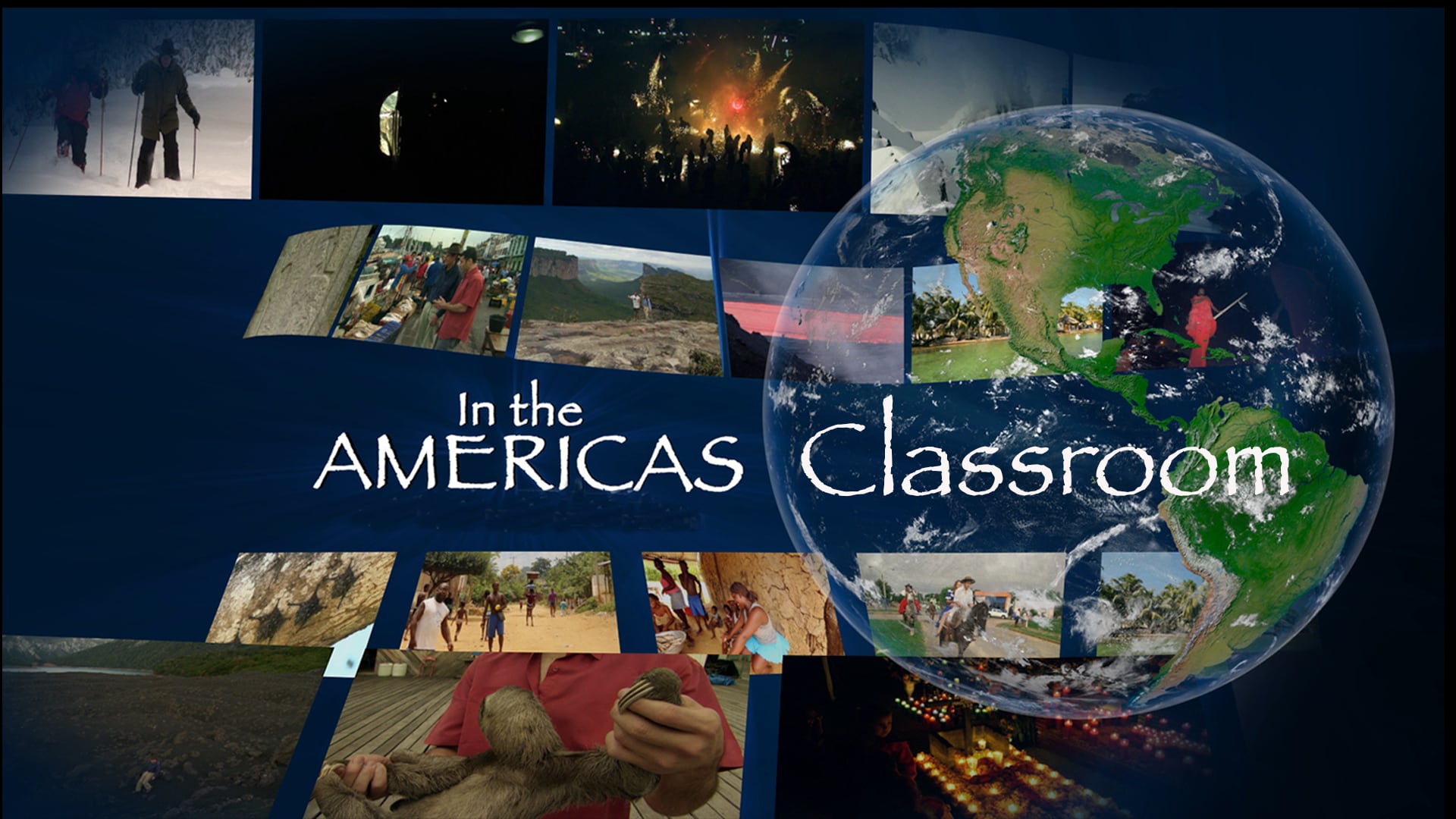Lesson 808: Under the shadows of the Volcanoes
Category : Curriculum Season 8
In the United States, about once every fifty years there is a volcanic eruption and about every twenty years or so, there is a damaging earthquake. In Guatemala, people live and die in the shadow of volcanoes. Eruptions are constantly occurring and earthquakes are always a threat.
Learning Objective
Students will learn about the ways in which the people from Guatemala live with constant volcanic and
Earthquake threats.
Social Studies Standards
Civic Ideas & Practices: A, B, D
Discussion Prompts
- Discuss the idea of living with the duality of the volcanoes, always destroying, wiping out entire towns, but at the same time, creating craters, fertile soil, and landscapes that sooner or later people occupy.
- Lake Atitlán is one example of a gift left by a volcano 85,000 years ago, and according to the host, the loveliest lake in the world. Discuss some of the things that makes it so special and compare with something special in your region that was created out of destruction.
- Discuss how some Guatemalans in keeping traditions alive, share some of the ways food is prepared and eaten. Compare the effect of such endeavors to your own traditions.
- In Ichmill, people preserve the wisdom they learned from their ancestors, by cultivating with the calendar, respect for nature and for the world that surrounds them. Discuss the sustainability of this tradition. What kind of wisdom do people in your region preserve from your ancestors?
Lesson Activities
- The host states that Guatemalans benefit greatly from the volcanic landscape. Write a song or a spoken word poem that encapsulates the idea of eruption, loss, ashes, craters, landscape, and traditions. Create a video with images to accompany your creation. Share with your class.
- As a textile artist, you have been asked to create a new drawing with joyful colors, on both sides of the paper for a new huipil design. Write a paragraph to explain the cultural meaning of the design and the occasion which people would wear it.
- Towns around Antigua with no portable water come to wash their clothes in a public place, calling it the laundry room psychotherapy. As a landscape architect, select and design a modern but culturally relevant to your region, version of the laundry room psychotherapy.
- Compare and contrast the modes of transportation in Antigua with the one in your region, including the Tuc Tuc with the Uber concept to create a more effective way to help people’s mobility around town, helping decrease the carbon footprint.
- Create a survey to find out how the people in your region are willing to help decrease their carbon footprint. Transfer the results of the survey to a graph and present your findings in a letter to your town’s representatives.
Vocabulary
- copal
- craters
- duality
- huipil
- Kaqchikel
- offerings
- pyroclastic flow
- preservation
- sacred
- wisdom
